Lavrov says not expecting shift in US policy on Iran following 2024 election
Russia's foreign minister says he's not very optimistic about any deal on the revival of the US-abandoned 2015 nuclear agreement and is not expecting a shift in US policy following next year's presidential elections.
"It is not very realistic to expect anything now because the US is holding an election in a year," the website of the Russian Foreign Ministry quoted Sergey Lavrov as saying on Thursday.
"A new administration will arrive and nobody knows whether it will be Democratic or Republican. Nobody can guarantee that the new administration will not repeat the stunt of pulling out of the agreement," Lavrov added.
He made the remarks while speaking to reporters on the sidelines of a ministerial meeting of the Association of Southeast Asian Nations (ASEAN) in the Indonesian capital Jakarta.
The 2015 accord was derailed in 2018 by former US president Donald Trump, who unilaterally walked out of the accord and launched a campaign of maximum pressure against Iran.
Joe Biden vowed to return to the JCPOA after taking office but failed to take any practical steps. Talks were held over the JCPOA revival between Iran and the remaining parties to the accord but they have been stalled since last August, with Iran blaming the US for failing to guarantee that it will not leave the deal again.
Lavrov said the JCPOA was simply "broken" by the US, which acted against the UN charter and a UN Security Council resolution enshrining the accord.
He said the Biden administration has been trying to get concessions from Tehran, instead of focusing on reviving the accord.
"The Joe Biden administration declared it is ready to resume the program and its involvement in it. But instead of taking specific decisions on resuming the resolution and the JCPOA in full, they started bargaining and pushing Iran’s representatives to agree on some things that are not covered by the JCPOA, and what they would like to get from Tehran on top of the plan," Lavrov said.
The top Russian diplomat said Iran and the other parties came close to an agreement in August 2022, when EU representatives presented a document to be approved by all parties, but European powers blocked that due to unknown reasons.
"Iran was ready. It was France, the UK and Germany that stalled the process. It is hard for me to see the reasons for this," he said.
"Perhaps they wanted to push Iran to do something else. They saw that Iran was ready to agree and decided to push further and put the approval off."
He said informal consultations have been held between Iranian and US officials on how to restore dialogue by means of "unblocking Iran’s seized foreign reserves in exchange for deciding the fate of certain US citizens who were charged with breaking the law in Iran."
"We will only welcome any improvement in these relations. Once again, this has little to do with the JCPOA.," he said.
He was referring to indirect Oman-mediated talks between Iran and the US on a prisoner swap.
An agreement on the exchange of prisoners was reached between Tehran and Washington in Vienna on the sidelines of negotiations concerning the 2015 nuclear deal, officially known as the Joint Comprehensive Plan of Action (JCPOA).
Tehran has repeatedly said it is ready for a prisoner exchange with the United States based on humanitarian issues and independently of the 2015 nuclear agreement.
‘Ghost town’: 70% of Jabalia buildings destroyed by Israel
Mother’s Day: Sareh Javanmardi’s inspiring journey as Paralympic champion and mother
Russia downs over 40 Ukrainian drones as Putin vows 'destruction' on Kiev
VIDEO | Yemen: A bone in Israeli neck
D-8’s role in Iran’s economy after Cairo summit
China slams US as ‘war-addicted’ threat to global security
China ‘firmly opposes’ US military aid to Taiwan
VIDEO | Press TV's News Headlines



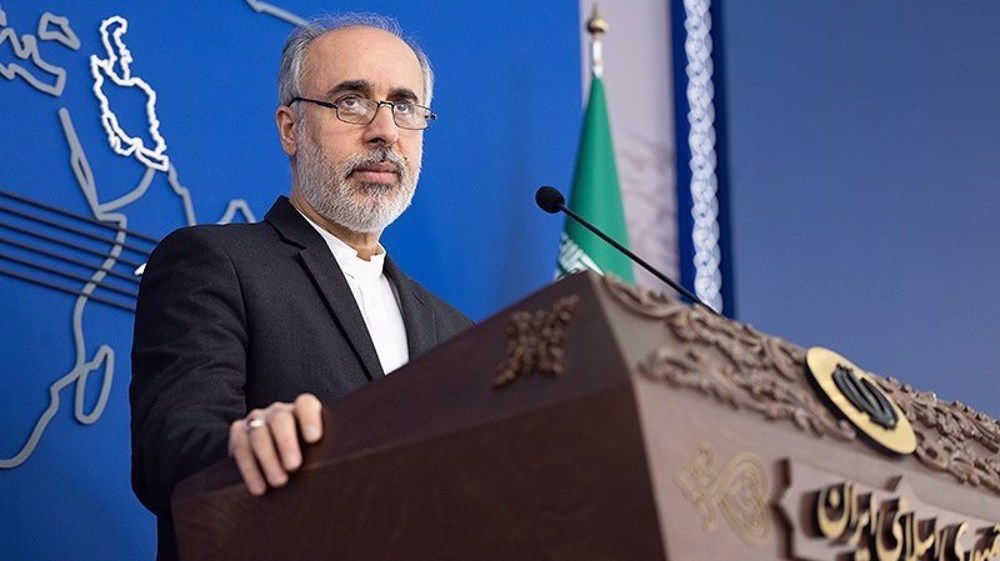






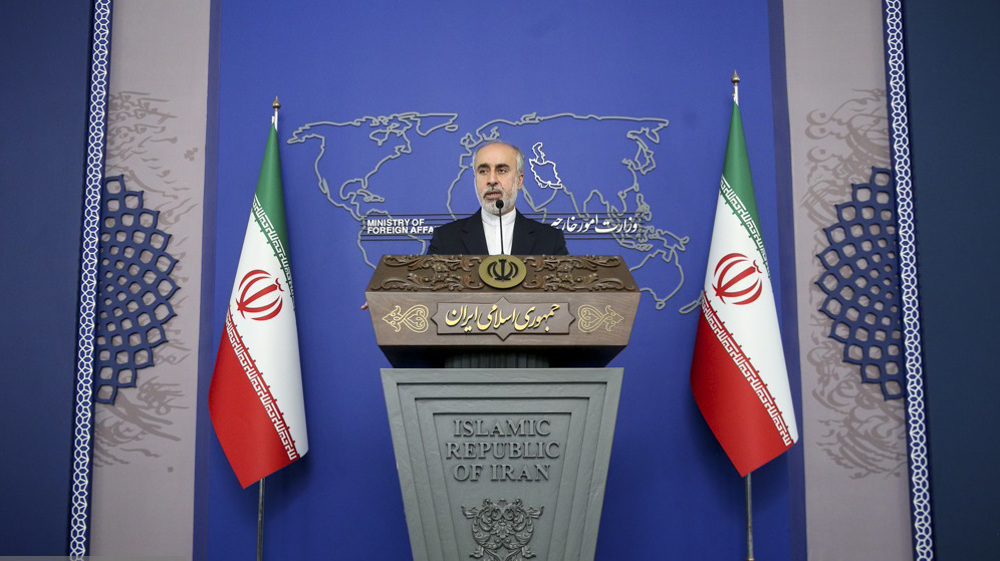
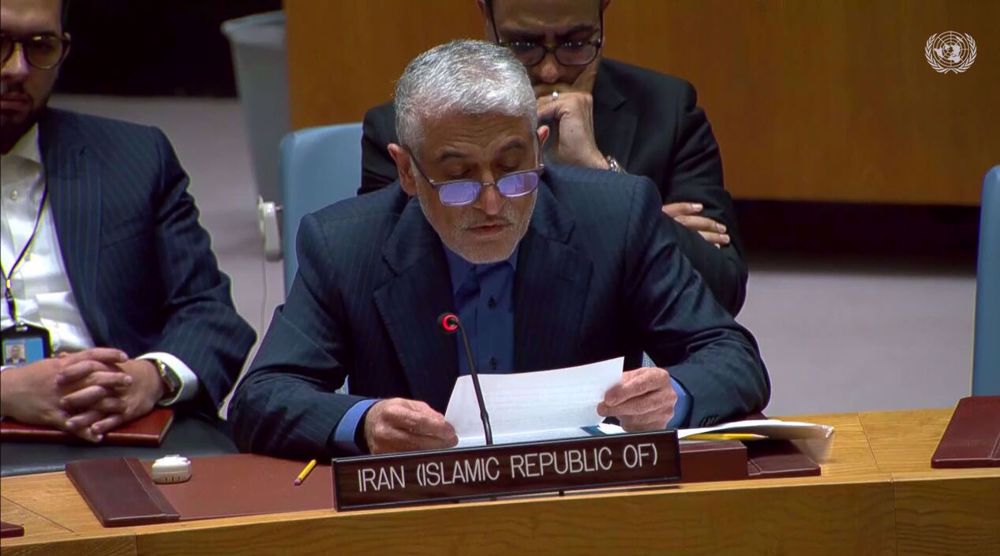
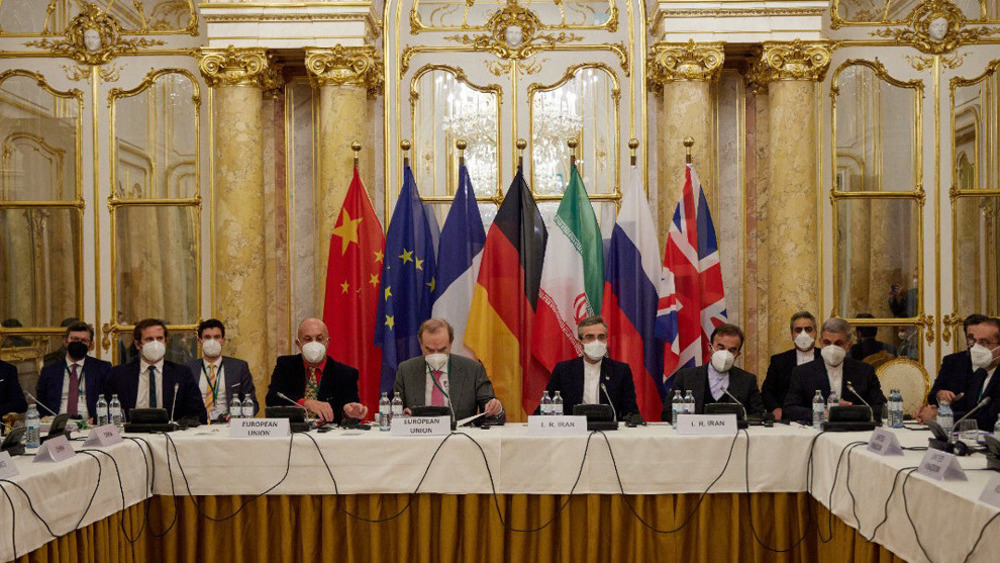
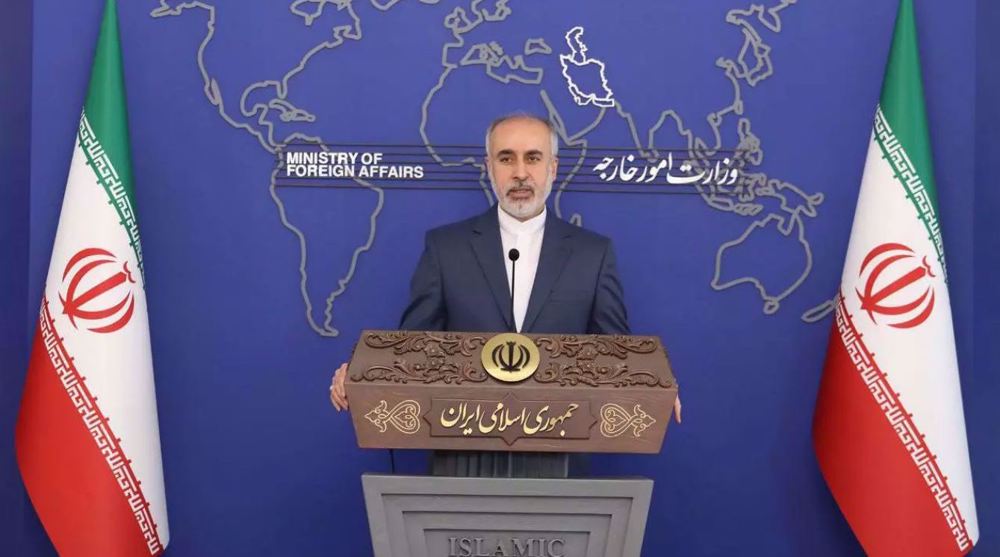

 This makes it easy to access the Press TV website
This makes it easy to access the Press TV website